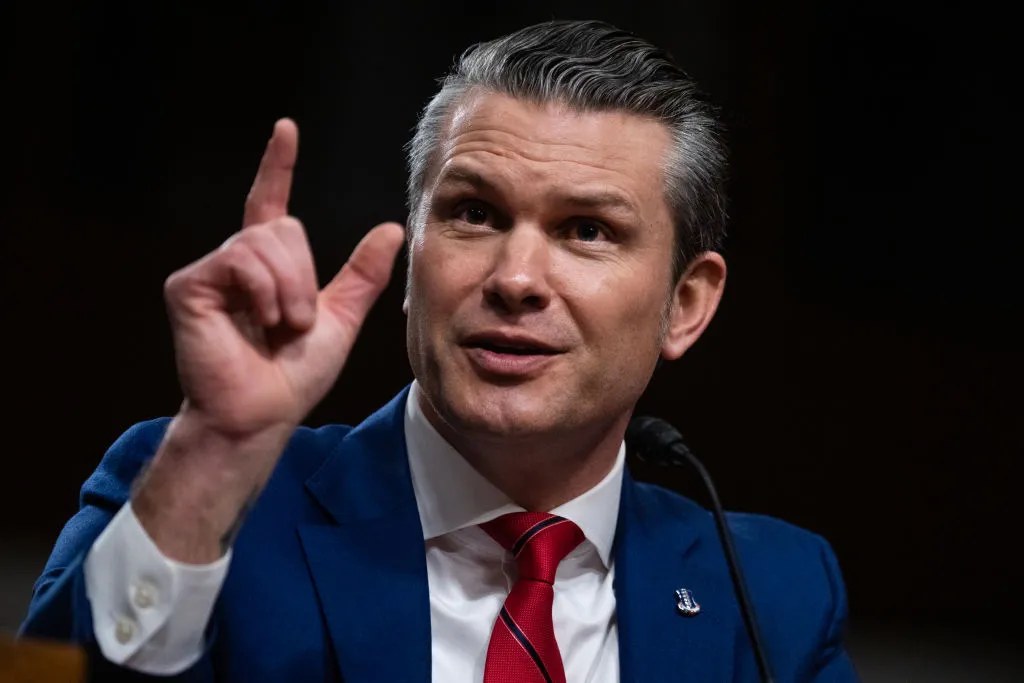
During a Senate confirmation hearing, Senator Tammy Duckworth questioned Pete Hegseth, President-elect Donald Trump’s nominee for defense secretary, about his knowledge of international relations. She specifically asked him to name a member of the Association of Southeast Asian Nations (ASEAN) and describe the U.S. agreement with those countries. Hegseth admitted he couldn’t provide the number of ASEAN members but mentioned U.S. allies in South Korea, Japan, and Australia through the AUKUS pact. Duckworth corrected him, pointing out that none of these countries are part of ASEAN, and suggested he do more research.
ASEAN (Association of Southeast Asian Nations) is a regional organization made up of 10 member countries: Brunei, Cambodia, Indonesia, Laos, Malaysia, Myanmar, the Philippines, Singapore, Thailand, and Vietnam, with East Timor set to join soon. Established in 1967, its aim is to promote economic and security cooperation among its members, representing over 650 million people and a combined GDP of over $3 trillion.
ASEAN is highly relevant to the U.S. due to the strategic importance of the Indo-Pacific region, where China has been asserting its influence, particularly through territorial disputes in the South China Sea. U.S. allies like the Philippines, Thailand, and other ASEAN members are crucial to countering China’s growing presence and promoting a “free and open” region. The U.S. has strengthened its ties with ASEAN, hosting meetings and participating in high-level summits.
ASEAN’s importance extends beyond its territorial disputes with China. Many ASEAN members maintain close relations with Beijing, and ASEAN serves as a diplomatic forum where global powers, including the U.S. and China, engage. The U.S. was elevated to a “comprehensive strategic partnership” with ASEAN in 2022, underscoring its growing significance in regional geopolitics.
ASEAN, consisting of 10 Southeast Asian nations, has had diplomatic relations with the U.S. for nearly 50 years. While not a military alliance, the U.S. maintains defense partnerships with several ASEAN members, including the Philippines, Thailand, and Singapore, a Major Security Cooperation Partner. During a Senate confirmation hearing, Pete Hegseth, nominated for U.S. Defense Secretary, faced criticism after failing to name any ASEAN members or describe U.S. security agreements with them. This led to backlash on social media, with some questioning his preparedness for the role and his knowledge of international security.
Critics, including former Rep. Debbie Mucarsel-Powell, argued that his lack of knowledge was disqualifying for the position, while others defended him, suggesting that ASEAN might be seen as less relevant to Indo-Pacific defense discussions compared to other alliances like AUKUS. The controversy highlights the importance of ASEAN in U.S. foreign policy, especially in the context of the “Free and Open Indo-Pacific” strategy, which aims to counter China’s growing influence in the region.

